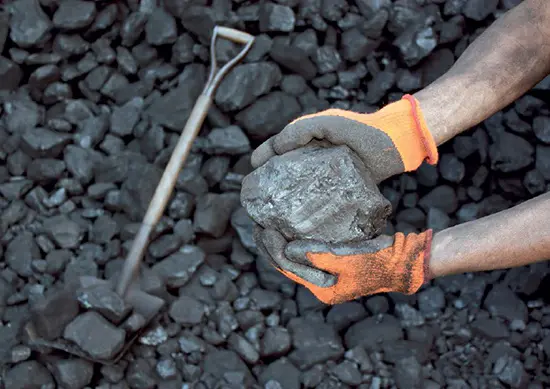As we navigate the 21st century, the question of whether we are nearing the end of the fossil fuel era is gaining traction. Currently, fossil fuels – coal, oil, and natural gas – are the backbone of global energy, powering industries, transportation, and heating systems. Formed over millions of years, these resources are finite, and the clock is ticking on their availability.
For years, experts have debated the timing of ‘peak oil’, the point at which oil production reaches its maximum and begins to decline. Although technological advancements like hydraulic fracturing have temporarily offset the depletion of traditional reserves, the consensus is shifting. It is now believed that by the mid-21st century, and certainly by its end, the extraction of fossil fuels may no longer be economically feasible.
However, the transition away from fossil fuels might occur sooner than their actual depletion, driven by the rise of renewable energy sources. Solar and wind energy, in particular, have seen significant technological and cost improvements, positioning them as strong contenders in the global energy mix. Predictions suggest that renewable sources, especially solar energy, could meet more than half of the world’s energy demands by mid-century. This shift implies that the decline in fossil fuel use may not be due to resource scarcity but rather a strategic move towards more sustainable, cost-effective, and environmentally friendly alternatives.

